
EP 191: Manhattan Associates COVID-19 guidelines
On this episode, I was joined by Peter Schnorbach of Manhattan Associates. Peter is the Senior Director of Product Management

On this episode, I was joined by Peter Schnorbach of Manhattan Associates. Peter is the Senior Director of Product Management
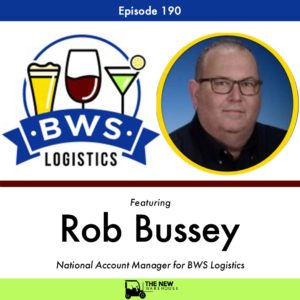
In this episode, I was joined by Rob Bussey of BWS Logistics. Rob is the National Account Manager at BWS
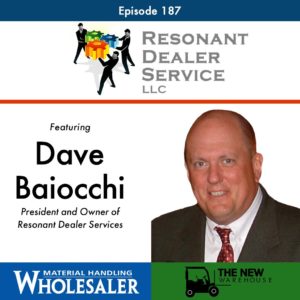
On this episode, I was joined by Dave Baiocchi of Resonant Dealer Services. We focused the discussion on something I
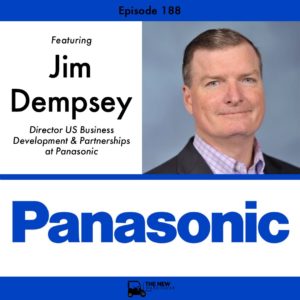
In this episode, I was joined by Jim Dempsey of Panasonic. Jim is the Director of US Business Development and
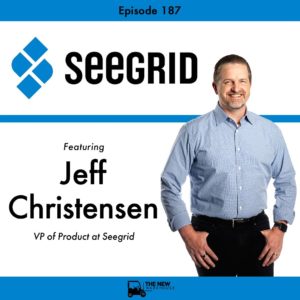
On this episode, I was joined by Jeff Christensen of Seegrid at ProMatDX 2021. Jeff is the VP of Product
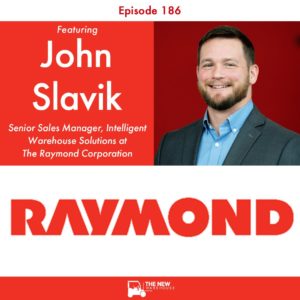
In this episode, I was joined by John Slavik of Raymond. John is the Senior Sales Manager for Intelligent Warehouse

On this episode, I was joined by Sarah Swan of The FPI Consortium. Sarah is a Senior Code Specialist at

On this episode, I was joined by Darren Stratton of Camso, a non-marking tire company. Darren is the Product Management

On this episode, I was joined by the Co-Founder and CEO at SIERA.AI, Saurav Agarwal. I was very excited for
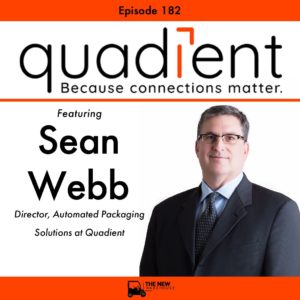
On this episode, I was joined by Sean Webb of Quadient at ProMatDX2021 . Sean is the Director of Automated

In this episode, I was joined by Jake Jakobson of Custom Industrial Products for the latest in our partnership with

On this episode, I was joined by the Director of Strategy at ProMatDX, Matt Cherewka. We have had Vecna on
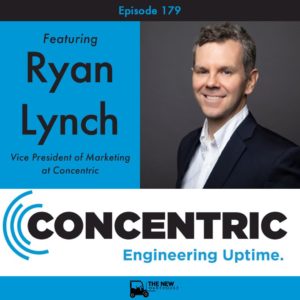
On this episode, I was joined by Concentric’s VP of Marketing, Ryan Lynch. Concentric focuses on making sure you have
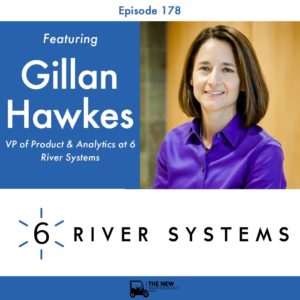
On this episode, I was joined by the VP of Product and Analytics at 6 River Systems, Gillan Hawkes. I

On this episode, I was joined by Avery Dennison’s Vice President of Identification Solutions, Ryan Yost. We discussed Avery Dennison’s
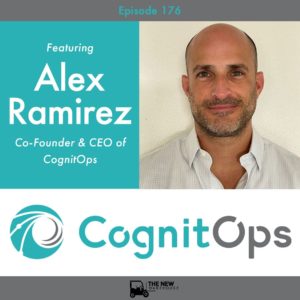
EP 176: CognitOps On this episode, I was joined by the Co-Founder & CEO at CognitOps, Alex Ramirez. CognitOps is

On this episode, I was joined by Senior Vice President at Lee & Associates, Justin Smith. Justin is also the
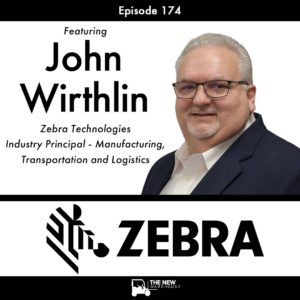
In this episode, I was joined by John Wirthlin of Zebra Technologies to discuss RTLS. John is the Industry Principal
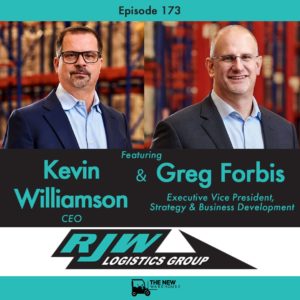
In this episode, I was joined by Kevin Williamson and Greg Forbis of RJW Logistics to discuss the middle mile.

In this episode, I was joined Nolan Transportation Group’s Chief Commercial Officer, Drew Herpich. Nolan Transportation Group or NTG is